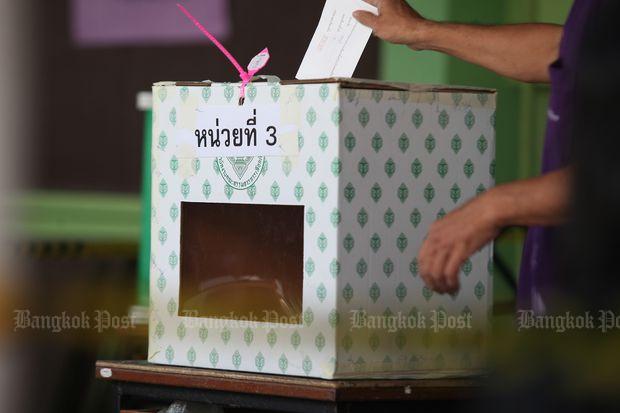
Developments in the lead-up to Thailand's election on March 24 underscore the political cleavages that persist as the country returns to civilian rule, says Fitch Ratings.
"We noted political uncertainty around the transition as a constraint to Thailand's BBB+ rating in our last rating review in December," Fitch said. "The rating already takes into account a sizeable degree of political risk. Renewed disruptions could have a material rating impact if we assessed they were large enough to have a negative effect on the economic outlook."
Thailand's politics have been dominated over the last two decades by tensions between parties aligned with former prime minister Thaksin Shinawatra that derive their support from rural areas and political parties with strong urban support. These divides sparked a number of disruptive political demonstrations in Bangkok during 2006-2014, including coups.
Fitch's baseline expectation for a smooth election remains. But the election outcome is highly uncertain. Risks of renewed political instability during the return to civilian rule are elevated, and may have been exacerbated by the events of recent months.
Thailand's economy expanded by 4.1% in 2018, its fastest pace since 2012. Exports weakened in January, and slowing external demand is likely to weigh on economic growth over the coming year.
"However, we expect robust domestic activity, particularly household consumption, to support growth of 3.7% in 2019," Fitch said. "We also forecast that slowing exports and strong domestic demand will narrow the current account surplus to 5.7% in 2019 from 7.5% in 2018, but this would still be high relative to BBB peers."
Investor reaction to recent developments has been muted, with only modest swings in equity and currency markets, and political uncertainty does not appear to be undermining growth or investment.
But a smooth political transition could further support investment and growth. Past periods of instability have led to short-term shocks, and periodic political volatility has weighed on long-term growth prospects by limiting the government's ability to maintain policy continuity and implement structural economic reforms.
Fitch's BBB+ sovereign rating for Thailand incorporates a -1 notch for uncertainty and risks in the political environment, effectively lowering it from an A-.
"Our sovereign rating model also gives weight to the World Bank's Governance Indicator, with Thailand scoring low because of its history of political instability," Fitch said.
